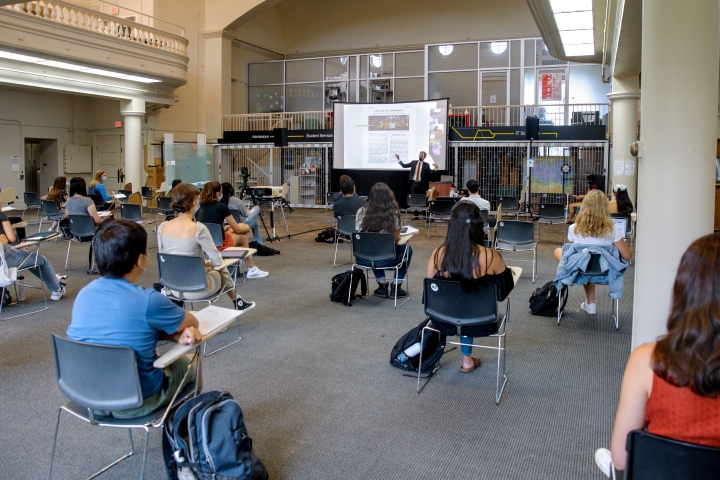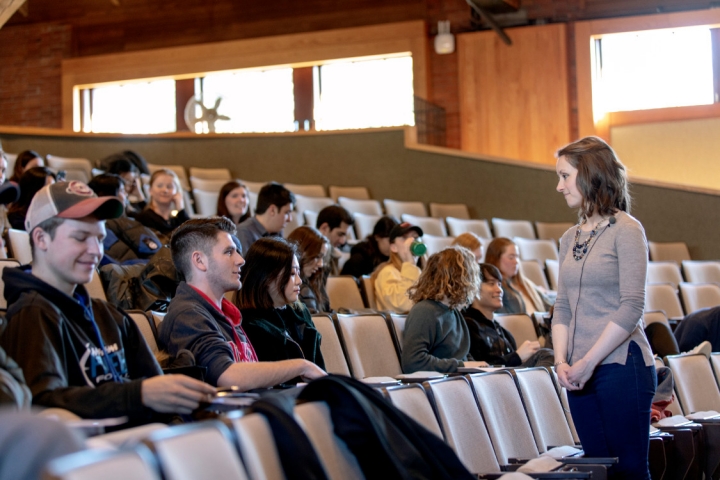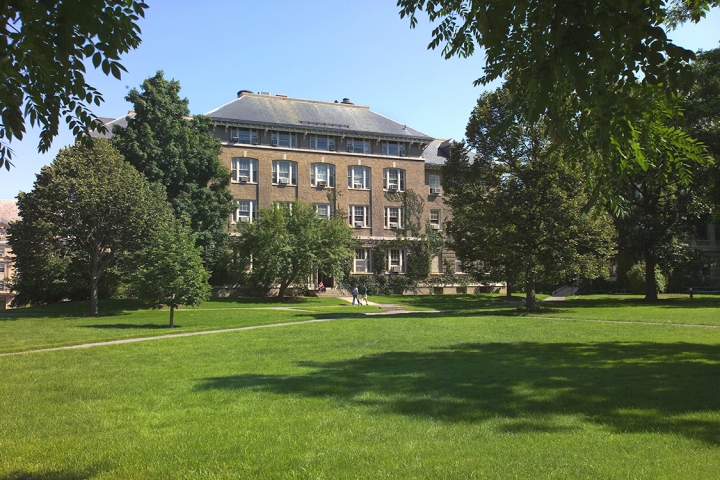Teaching at Cornell Guide
The purpose of this guide is to introduce key aspects of teaching and learning at Cornell University through the lens of the five elements the CTI believes to be critical to instructor success.
Message from the Executive Director
At the Center for Teaching Innovation (CTI), our goal is to help you become better at the craft of teaching.
Our work is guided by two different but complementary ideas. First, that teaching should be informed by all we know about how learning works and how student learning experiences can be effectively designed. But also, that there is no one way or one approach to successful teaching. Teaching is both art and science.
In this guide, we introduce strategies and resources anchored in evidence on how people learn as well as best practices developed through discipline-based education research. We also promote inclusive learning environments that build upon, as broadly described by President Martha E. Pollack “...excitement, imagination, joy... [and] verve."
This guide, along with other CTI resources and services, is addressed to Cornell instructors across disciplines and career span, including graduate teaching assistants, postdoctoral fellows, lecturers, visiting professors and critics, and tenure system faculty members.
Dr. Rob Vanderlan
Executive Director
Guide Modules

Teaching at Cornell: Getting Started
Use this information to understand your role as an instructor, get to know your students and teaching environment, and learn strategies for a successful first day of class.

Inclusive Course Design
Learn strategies for developing learning outcomes, teaching activities, and assessments to create an inclusive learning environment where all students can thrive.

Instructional Strategies
Explore active learning techniques, learn to incorporate online teaching tools, and create an engaging classroom environment to motivate students and help them excel.

Center for Teaching Innovation Services
Learn about the full range of opportunities we offer to support your teaching development, from individual consultations to broader programming and campus-wide initiatives.
